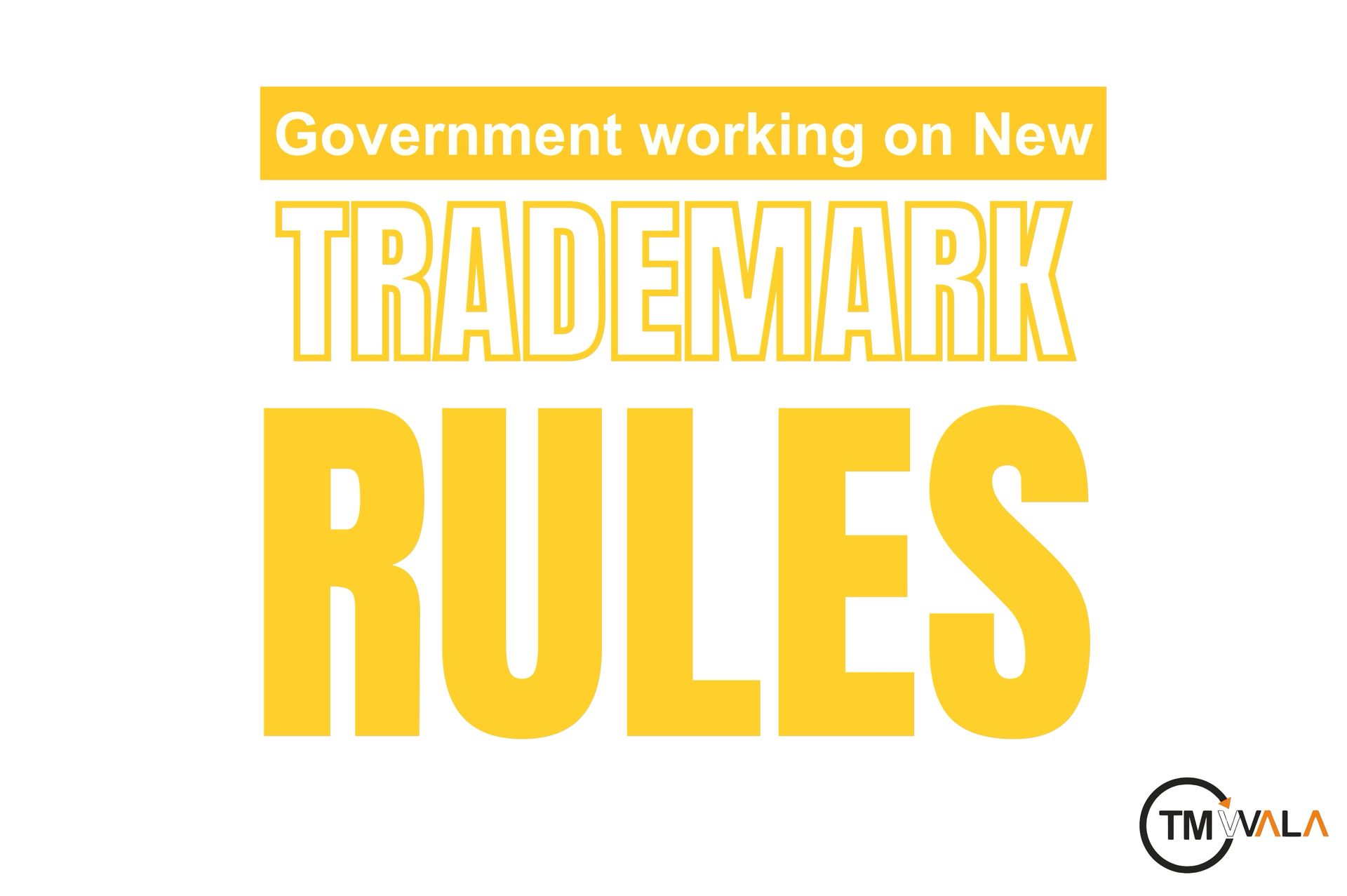
INTRODUCTION
As India experiences rapid digitalization, increased entrepreneurship, and stronger participation in the global economy, its intellectual property (IP) framework must evolve in step. Trademarks, among the most recognized elements of IP rights, are critical in helping businesses establish identity, secure market position, and protect consumer trust. In this context, Trademark rules in India are expected to undergo major reforms to reflect contemporary challenges and technologies.
The Trademarks Act, 1999, has long provided a strong legal framework for the registration, protection, and enforcement of trademarks. However, the current legal and technological environment demands modern amendments to ensure businesses, especially startups, MSMEs, and digital brands, can effectively leverage trademarks to scale and protect their innovations.
This article explores the anticipated developments in India’s trademark law, drawing attention to how the IP rights landscape is expected to shift by 2025 and beyond.
1. Digitization and Automation of Trademark Services
India has made commendable progress in digitizing its trademark registration systems, including the introduction of e-filing, online publication, and real-time tracking. The next frontier will be automation through artificial intelligence and blockchain.
Trademark registration changes are likely to include:
These changes will simplify the process for applicants and improve transparency in dispute resolution.
2. Adapting to the E-Commerce and Digital Environment
With businesses increasingly moving online, there’s a sharp rise in digital trademark infringement from counterfeit goods on e-commerce platforms to domain squatting and unauthorized brand impersonation on social media.
New trademark rules 2025 may address this growing threat by:
Such provisions are especially vital for startups and small businesses that face severe reputational damage from unauthorized use.
3. Broadening the Definition of Trademarks
Global IP practices are increasingly recognizing non-traditional marks such as sound, scent, colour combinations, and motion graphics. India still lags in this area, and upcoming reforms may focus on that too.
As part of the Trademark Rule Amendment 2025, expect the expansion of trademark definitions to include:
These changes would align Indian laws with global best practices and give businesses greater creative leeway in branding.
4. Enhancing Enforcement and Dispute Resolution
While the legal framework is solid, enforcement remains a challenge. A significant number of counterfeit products continue to enter the market, and litigation can be lengthy and costly.
Changes to trademark protection in India are likely to focus on:
These measures aim to give real-time protection to trademark owners and deter willful infringement.
5. MSME and Startup-Centric Reforms
Many MSMEs and startups avoid registering trademarks due to perceived complexity or cost. Yet, they are also the most vulnerable to brand theft. Recognizing this, the government is set to prioritize easier access for smaller businesses.
Reforms anticipated under the new trademark rules 2025 may include:
This will empower smaller entities to protect their brand identity affordably and effectively.
TMWala plays a vital role by offering cost-effective trademark filing packages tailored for startups and MSMEs, ensuring that even the smallest business can access professional IP protection.
6. Emphasis on International Harmonization
India’s adherence to the Madrid Protocol and its increasing role in global trade call for the harmonization of domestic IP laws with international standards. Indian businesses operating abroad often face challenges in asserting their rights due to differences in law.
Trademark rule amendment 2025 may bridge this gap by:
These steps would make it easier for Indian businesses to protect their marks overseas and for foreign brands to navigate Indian regulations.
7. Emerging Area: Sustainability and Ethical Trademarks
As global and Indian consumers become more environmentally conscious, businesses are branding themselves around sustainability. Trademarks that represent “green” or “ethical” practices need recognition and legal support.
As part of the changes to trademark protection in India, policymakers may introduce:
These reforms would incentivize socially responsible entrepreneurship and create consumer trust.
8. Challenges in Implementing the Reforms
While the roadmap for change is promising, several hurdles remain:
Collaborative action involving legal professionals, IP consultants, government agencies, and platforms like TMWala is essential to support businesses through this transition.
The ongoing and proposed reforms to Trademark rules in India are not merely cosmetic; they are foundational changes intended to modernize India’s trademark regime and enhance its global competitiveness. These changes recognize that trademarks are no longer static identifiers but dynamic business tools in a digital-first economy.
With the Trademark rule amendment 2025 and a renewed focus on digitization, inclusivity, and enforcement, India is poised to offer one of the most business-friendly IP environments globally. However, this transition must be supported with education, affordability, and technology adoption. For businesses, especially those operating in crowded or emerging markets, now is the time to take trademark strategy seriously. With smarter laws and the help of platforms like TMWala, the future of IP rights in India looks both strong and secure.
Get started instantly
"*" indicates required fields

TMWala
Your one stop shop for all your business registration and compliance needs.
"*" indicates required fields
Choose your Entity Type
Non-MSME/ Large Entitie
Individual/ MSME/ Sole Proprietorships

₹9,000.00 Original price was: ₹9,000.00.₹3,999.00Current price is: ₹3,999.00.
Trademark Application @ ₹3999* (Premium Discounted Plan for MSME/Individual/Sole Proprietorships) Comprehensive
Government Fees
₹4500/-

₹9,000.00 Original price was: ₹9,000.00.₹3,999.00Current price is: ₹3,999.00.
Trademark Application @ ₹3999* (Premium Discounted Plan for Non-MSMEs/Large Entities) Comprehensive
Government Fees
₹9000/-
Choose your Entity Type
Individual/ MSME/ Sole Proprietorships
Non-MSME/ Large Entities
₹3,500.00 Original price was: ₹3,500.00.₹1,999.00Current price is: ₹1,999.00.
Government Fees
₹4500/-
₹3,500.00 Original price was: ₹3,500.00.₹1,999.00Current price is: ₹1,999.00.
Government Fees
₹9000/-
Choose your Entity Type
Individual/ MSME/ Sole Proprietorships
Non-MSME/ Large Entities

₹1,500.00 Original price was: ₹1,500.00.₹999.00Current price is: ₹999.00.
Trademark Application @ ₹999* (Basic Discounted Plan for MSME/Individual/Sole Proprietorships) Best-Selling, Economical & Easy

₹1,500.00 Original price was: ₹1,500.00.₹999.00Current price is: ₹999.00.
Trademark Application @ ₹999* (Basic Discounted Plan for Non-MSMEs/Large Entities) Best-Selling, Economical, Quick and Easy